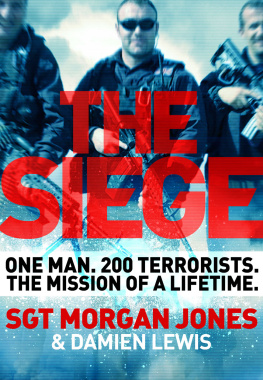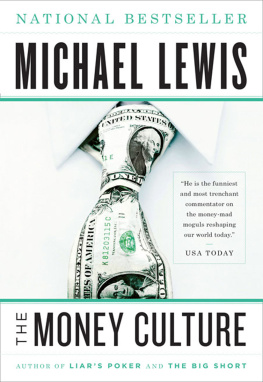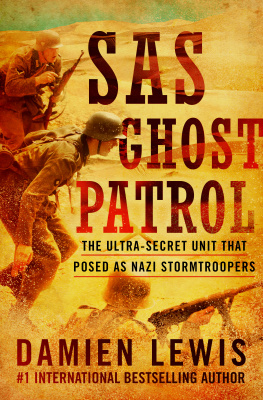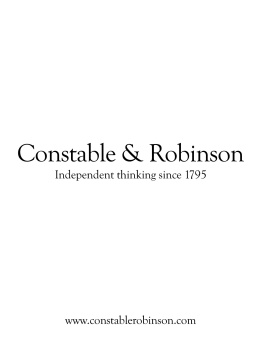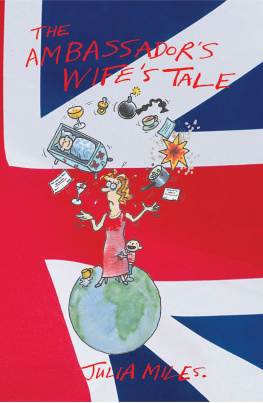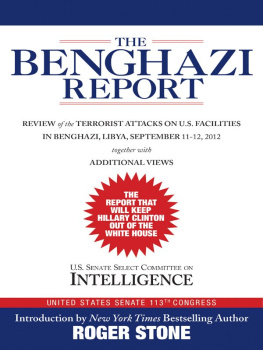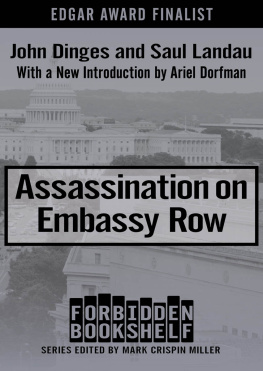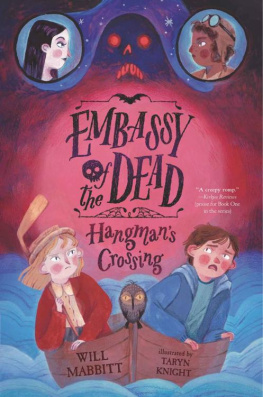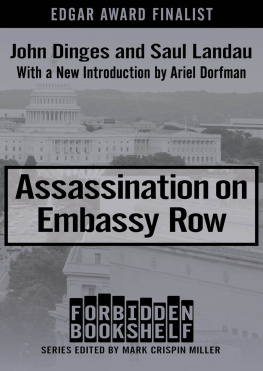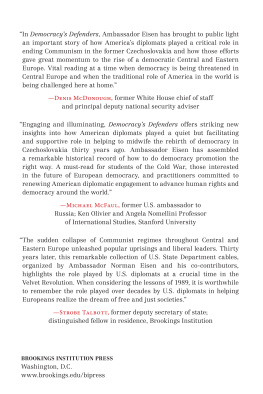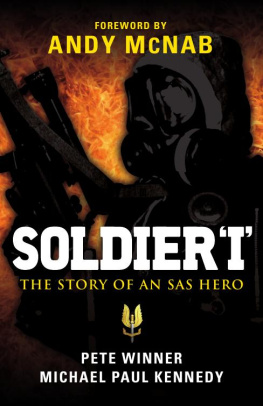The Siege
The Siege
Sergeant Morgan Jones
&
Damien Lewis
CONSTABLE
Constable & Robinson Ltd.
5556 Russell Square
London WC1B 4HP
www.constablerobinson.com
First published in The USA as The Embassy House by Threshold Editions
A Division of Simon & Schuster, Inc. 2013
This edition published in the UK by Constable, an imprint of Constable & Robinson Ltd., 2013
Copyright Morgan Jones and Damien Lewis, 2013
The right of Morgan Jones and Damien Lewis to be identified as the authors of this work has been asserted by them in accordance with the Copyright, Designs and Patents Act 1988
All rights reserved. This book is sold subject to the condition that it shall not, by way of trade or otherwise, be lent, resold, hired out or otherwise circulated in any form of binding or cover other than that in which it is published and without a similar condition including this condition being imposed on the subsequent purchaser.
A copy of the British Library Cataloguing in
Publication Data is available from the British Library
ISBN: 978-1-47211-277-4 (ebook)
Cover design: Black Sheep
For Tyrone Woods and Glen Doherty, who died in the battle for the American Embassy, Benghazi, Libya, on the night of September 11, 2012.
In true Navy SEAL tradition they refused to take a step backward or to leave a man behind, and for that they paid the ultimate price.
For Sean Smith and the American ambassador to Libya,
J.Christopher Stevens, who also perished on that fateful night.
And for David Ubben and Scott Wickland,
and all the others injured in that battle.
I promised to fight by your side, and although
I did all that I could, ultimately in that I failed.
It will haunt me for the rest of my days.
AUTHORS NOTE
Where agents, soldiers, or private operators real names have been published in the press coverage of the Benghazi 9/11 events, I have used their real names in this book. Where agents, soldiers, or private operators real names have not been published in the press, or where I am unable to establish their full real names, I have used pseudonyms. I have also been asked or seen fit to use pseudonyms for some of the Special Forces and other elite operators still involved in sensitive operations, or who undertook sensitive operations during their careers in the military. Otherwise, all aspects of this story remain unchanged and as they took place on the ground.
I have done my utmost to ensure that all the events portrayed herein are factually accurate. Few written records exist covering the events described in this book. Accordingly, I have re-created conversations from how I remember them and in discussions with others.
I have used the words Embassy, Mission, Consulate, and Diplomatic Mission interchangeably, to describe the American diplomatic facility at Benghazi. When considered as a whole, the Diplomatic Mission and the (CIA) Annex in Benghazi may well have constituted Americas largest such facility in Libya, and it was often referred to as the Embassy by those of us who worked there, especially the local staff. When the American ambassador was present at the Mission my understanding is that it was formally known as the Embassy.
PROLOGUE
E very morning I wake up feeling ashamed that I am still alive while four Americans that I served with are dead. I thought that my feelings of guilt would fade over time: they have not. If anything, they are getting worse, and at times the guilt is unbearable. I keep friends, family, and work colleagues at a distance, as I do not want to get close to anyone like I did to those I worked with at the U.S. Mission in Benghazi.
Libya is constantly on my mind. If I sit down to take a break for five minutes at work, Benghazi is instantly in my head. I am back among those fateful events of Benghazi 9/11 and it is deafening. My close friends tell me that I have changed. Unfortunately, I dont think that there is much I can do about that. I feel dead inside, and it is my son who keeps me going day to day.
People will likely ask why I have decided to write this book now. I have kept silent for nearly a year, and in spite of being approached by the media. I felt the need to tell this story first and foremost in the hope that doing so will help assuage my guilt and somehow help me to heal. I hope in writing this story down that it may offer me some kind of catharsis.
But if the truth be told, I am also angry at all the misinformation that surrounds the events of Benghazi 9/11. The families of those who lost loved ones, or had their loved ones horrifically injured during that dark night, deserve better. I hope in presenting a simple and straightforward rendering of the events as they unfolded during my six-month tenure at the U.S. Mission I may help shed light on what actually transpired, and how the U.S. Embassy in Benghazi could have ended up being as wide open as it was to such an attack. So, I have also written this book in an effort to set the record straight.
Benghazi 9/11 has become a political hot potato in America. But in the political cut and thrust the real story appears to have been forgotten, as have the crucial lessons that should have been learned. The Regional Security Officers (RSOs)those Americans tasked with ensuring security at the Benghazi Missionand those personnel at the Annexthe nearby CIA base collocated with the Missionare heroes in my eyes. Having seen at firsthand what they were up against I cannot believe how many got out of Benghazi alive. Losing four AmericansAmbassador Stevens includedwas horrendous, but it could so easily have been thirty-four dead Americans, the odds against them were so unbelievably high. If their loss is not to be in vain, lessons must be learned.
The men who carried out the rescue from the Annex executed one of the most amazing missions I have ever encountered. The five RSOs at the EmbassyScotty, Dave, Alex, and the Ambassadors two close protection (CP) guysmanaged to hold out for long enough against one hundred or more heavily armed attackers until their backup arrived. They were outgunned and outnumbered thirty-to-one against Islamic extremists baying for their blood: they went to the Mission specifically to kill Americans. It must have been utterly terrifying and is something those young RSOs will very likely keep reliving for the rest of their lives.
Two brave AmericansSEAL veterans Tyrone Woods and Glen Dohertygave the ultimate sacrifice on that night so that others might be saved. They deserve the very highest honor, respect, and recognition for doing so. Two of the young RSOsDave and Scottyended up seriously injured as a result of their resistance to the savagery that was unleashed against the Mission and the Annex, and as a result of their repeated efforts to rescue the Ambassador in terrifying and deadly circumstances. They deserve the highest honor and respect for doing so.
Ambassador Stevens was a fine, upstanding American and a great asset to his country and to Libya. His loss will be felt by both greatly, as it will by his family. Sean Smith was a committed professional with a young wife and family. They will doubtless feel his loss for the rest of their lives. Libyan guards stationed at the Mission were also injured and killed in the attacks, and their families will likewise live in mourning.
The lesson to be learned from Benghazi 9/11 is what security measures need to be put in place to ensure that this never happens again, or at least to reduce the risks to acceptable levels. The level of risk that the U.S. Mission in Benghazi was exposed to was unacceptable. Americansand their allieswere put in harms way without due safeguards: that should never be allowed to happen again.

